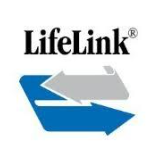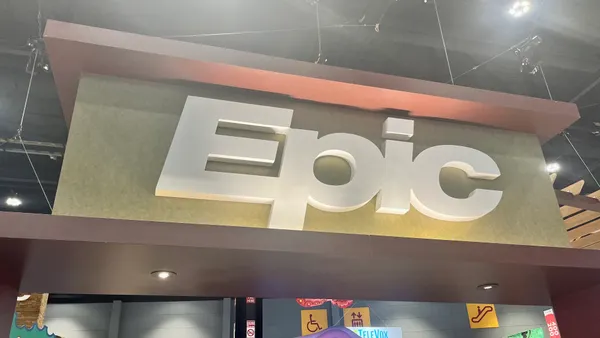Dive Brief:
- An EHR vendor's claim that large companies like Quest Diagnostics, Walgreens, WebMD Health Services and others violated his patent simply by creating an EHR solution for their customers was thrown out by a US District Court judge, according to the ruling posted online late last December.
- Activist blogger Adi Kamdar, in a blog on his Electronic Frontier Foundation site, shed light on the decision, saying the judge used fresh Supreme Court case law to invalidate the vendor's claim. The 2012 patent in question was awarded to MyMedicalRecords, an EHR vendor, who used the patent to stake a claim on the entire concept of EHRs, as opposed to a specific method of delivering them.
- "... the '466 Patent claims are directed to nothing more than the performance of a long-known abstract idea 'from the pre-Internet world'—collecting, accessing and managing health records in a secure and private manner—on the Internet or using a conventional computer," wrote Judge Otis Wright of the Central District of California in his judgment against MyMedicalRecords. "The '466 Patent claims are not 'rooted in computer technology in order to overcome a problem specifically arising in the realm of computer networks... Rather, the '466 Patent recites an invention that is merely the routine and conventional use of the Internet and computer with no additional specific features."
Dive Insight:
They call them patent trolls, and even when their claims are bogus, shooting down their claims can be costly.
Their strategy is simple—as new technologies and industries emerge, they file for patents on large, broad concepts based on patent laws that essentially have not evolved since the invention of the rotary engine. In this case, the company staked a claim on the concept of putting medical records in an electronic format and sharing them with patients via the Internet.
The patent was awarded in 2012, which demonstrates just how far behind the curve the patent office is with regard to approaching new technologies as intellectual property. The courts have been left to clean up the mess, with the Supreme Court firing a palpable salvo at patent trolling in their decision on Alice Corporation v CLS Bank.
The case was about Alice, a company that had patented the concept of performing a standard type of escrowing called "intermediated settlements" via computer. Filed in 2007, it found its way to the Supreme Court in 2013, with the court stating last June that "because petitioner's system and media claims add nothing of substance to the underlying abstract idea, we hold that they too are patent ineligible."
In other words, you can't take a common business practice and add "on the Internet" to it and patent it. While the decision is being hailed as a victory for the healthcare industry, it's important to note that those fighting the patent-holder's initial lawsuit were all huge corporations who could afford the fight. Smaller healthcare providers may not have the funds to fight these troll-suits, which could have a chilling impact on rural providers' EHR programs and goals.













